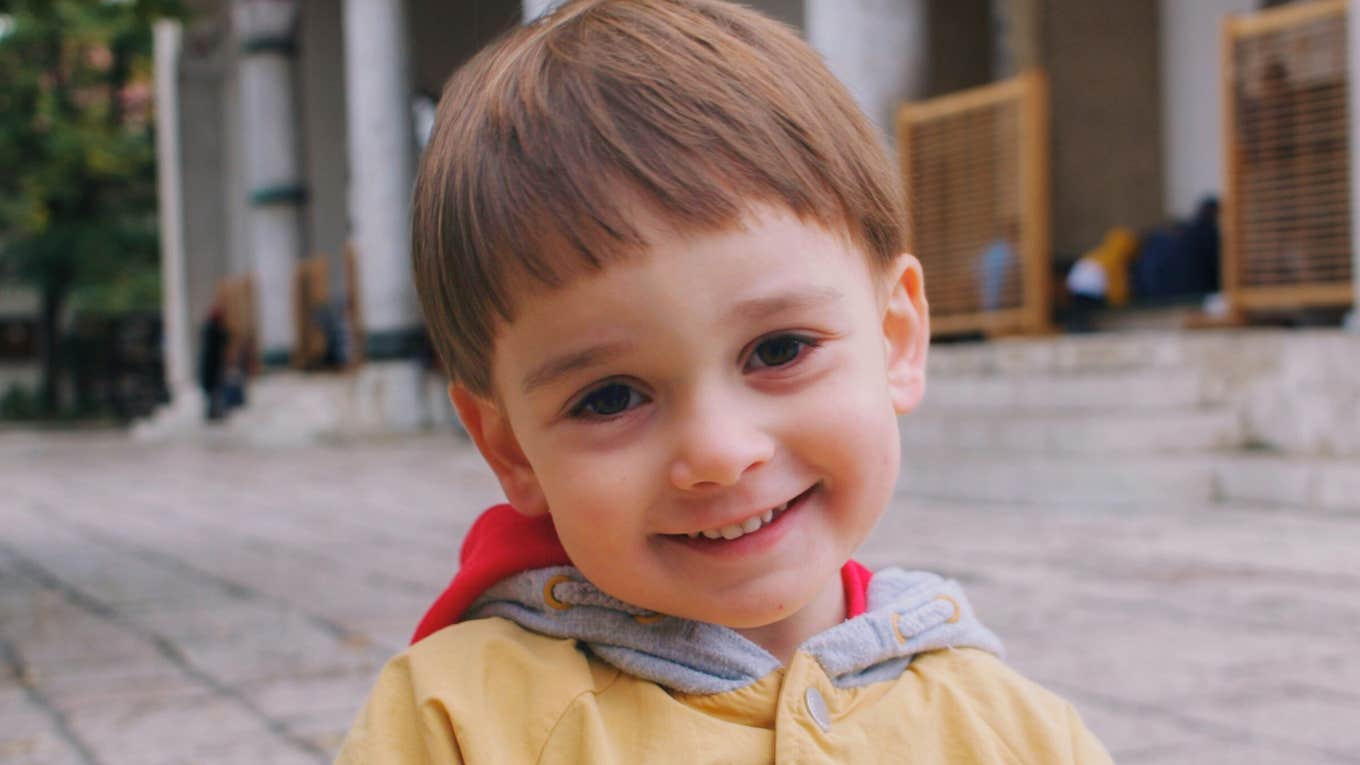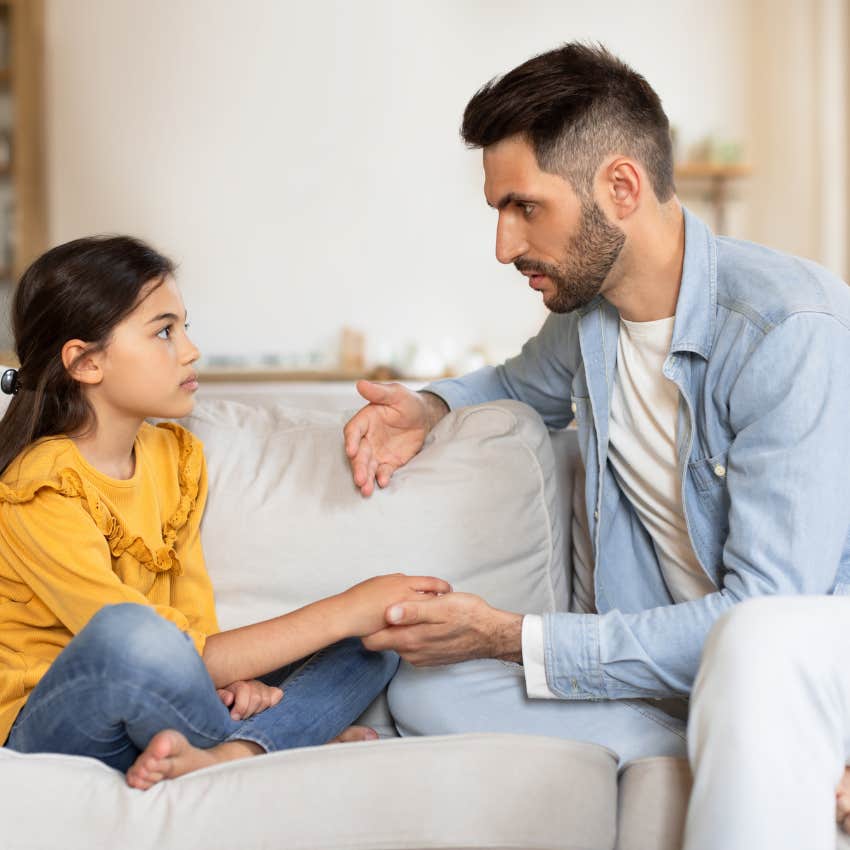4 Simple Habits Parents Who Love Their Kids Practice Every Single Day
The most loving parents do far more than just saying 'I love you.'
 Abdurahman Iseini | Unsplash
Abdurahman Iseini | Unsplash Parenting isn't defined by grand gestures or perfect moments captured in photos. It's built through the accumulation of small, intentional actions repeated day after day, simple habits that communicate love more powerfully than any words ever could.
Loving your children well doesn't require perfection; it requires presence. These daily practices aren't about being a flawless parent, but about being an intentional one. They're about showing up consistently in small ways that tell your children, without doubt, that they are valued and deeply loved.
Here are 4 simple habits parents who love their kids practice every single day:
1. Calm and comfort their child
The first step is to calm and comfort your child. You know what works best for them. For a very young child, that might mean holding them tight so they feel secure and safe.
For an older child, it may mean rubbing their back, or gently putting a hand on their back or shoulder. Have patience and wait until your kid calms down.
Research demonstrates that children learn emotional regulation skills by observing adults. When caregivers remain calm during tense moments, children are more likely to mimic that behavior, fostering better mental health, healthier relationships, and long-term resilience in managing stress.
2. Stay curious about their child
 PeopleImages / Shutterstock
PeopleImages / Shutterstock
Kathy Taberner and Kirsten Taberner Siggins remind us that we're naturally curious as children. As parents, we just need to open ourselves back up to that world of curiosity. Here's how you can do so:
- Be present in conversations! Focus on what's happening in the now, making yourself 100% present to your child.
- Choose how you want to listen and respond — try doing so with empathy and understanding.
- Ask curious, open questions — avoiding judgment, shame, and blame; also, using "what, where, who, and how" questions.
We have a real opportunity to learn and understand more about our children and what perspective they carry. We can have a better conversation because the emotions have deflated. Not to mention, our modeling teaches our kids to act empathetically, curiously, and without judgment.
3. Connect with their child
Renowned neuropsychiatrist Dr. Daniel Siegel teaches that it's critical to connect with our children, especially when they are out of control. That connection helps them feel safe.
Siegel recommends calm, creative, and even playful conversation, which could help our kids think about their actions, develop a better sense of awareness, and build stronger social skills.
Parents need to first connect emotionally, using touch, tone, facial expressions, gestures, eye contact, and appropriate intensity to show children they are seen. When their right-brain state feels met, then parents can redirect with left-brain tools like planning and boundary-setting
4. Apologize to their child when they mess up
 Prostock-studio / Shutterstock
Prostock-studio / Shutterstock
It's hard to change habits. Granted, sometimes we'll still get it wrong because no parent is perfect. But that's okay. When you make a mistake, use that as another teaching moment to calmly connect with your kids.
Try apologizing to your child. Calmly explain that you didn't handle things as well as you'd hoped to and will try to do better next time. Learn the art of transparency and let your kid know that you're in this together.
Assure them that you'll always be there when they need you. You'll both learn from the experience and deepen your connection. After all, isn't that what parenting is about?
Patty Stiles is a coach, mediator, peace circle practitioner, and collaboratively trained attorney who facilitates finding peace for her clients.

